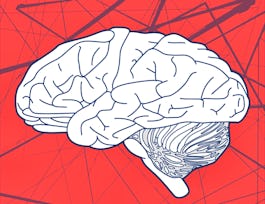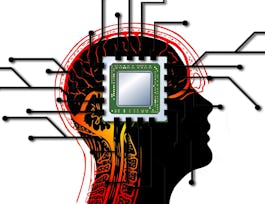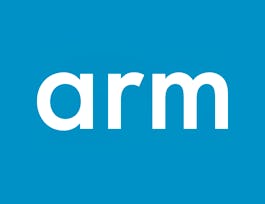Neuroimaging methods are used with increasing frequency in clinical practice and basic research. Designed for students and professionals, this course will introduce the basic principles of neuroimaging methods as applied to human subjects research and introduce the neuroscience concepts and terminology necessary for a basic understanding of neuroimaging applications. Topics include the history of neuroimaging, an introduction to neuroimaging physics and image formation, as well as an overview of different neuroimaging applications, including functional MRI, diffusion tensor imaging, magnetic resonance spectroscopy, perfusion imaging, and positron emission tomography imaging. Each will be reviewed in the context of their specific methods, source of signal, goals, and limitations. The course will also introduce basic neuroscience concepts necessary to understand the implementation of neuroimaging methods, including structural and functional human neuroanatomy, cognitive domains, and experimental design.

Give your career the gift of Coursera Plus with $160 off, billed annually. Save today.


Fundamental Neuroscience for Neuroimaging
This course is part of Neuroscience and Neuroimaging Specialization

Instructor: Arnold Bakker
73,886 already enrolled
Included with 
(2,184 reviews)
Details to know

Add to your LinkedIn profile
4 assignments
See how employees at top companies are mastering in-demand skills

Build your subject-matter expertise
- Learn new concepts from industry experts
- Gain a foundational understanding of a subject or tool
- Develop job-relevant skills with hands-on projects
- Earn a shareable career certificate


Earn a career certificate
Add this credential to your LinkedIn profile, resume, or CV
Share it on social media and in your performance review

There are 4 modules in this course
This week will introduce basic terminology in neuroscience and structural neuroanatomy of the human brain.
What's included
5 videos1 assignment4 discussion prompts
This week will introduce functional neuroanatomy of the human brain including cognitive domains and neuropsychological assessment of cognition.
What's included
5 videos1 assignment5 discussion prompts
This week will introduce the principles of neuroimaging and applications in structural and functional neuroimaging.
What's included
5 videos1 assignment5 discussion prompts
This week will introduce experimental design in functional neuroimaging and special methods in neuroimaging, including functional connectivity MRI, diffusion tensor imaging and spectroscopy imaging.
What's included
5 videos1 assignment4 discussion prompts
Instructor

Offered by
Recommended if you're interested in Basic Science

Copenhagen Business School

University of Colorado Boulder

University of Colorado Boulder
Why people choose Coursera for their career




Learner reviews
Showing 3 of 2184
2,184 reviews
- 5 stars
73.87%
- 4 stars
20.67%
- 3 stars
4.20%
- 2 stars
0.64%
- 1 star
0.59%
New to Basic Science? Start here.

Open new doors with Coursera Plus
Unlimited access to 7,000+ world-class courses, hands-on projects, and job-ready certificate programs - all included in your subscription
Advance your career with an online degree
Earn a degree from world-class universities - 100% online
Join over 3,400 global companies that choose Coursera for Business
Upskill your employees to excel in the digital economy
Frequently asked questions
Access to lectures and assignments depends on your type of enrollment. If you take a course in audit mode, you will be able to see most course materials for free. To access graded assignments and to earn a Certificate, you will need to purchase the Certificate experience, during or after your audit. If you don't see the audit option:
The course may not offer an audit option. You can try a Free Trial instead, or apply for Financial Aid.
The course may offer 'Full Course, No Certificate' instead. This option lets you see all course materials, submit required assessments, and get a final grade. This also means that you will not be able to purchase a Certificate experience.
When you enroll in the course, you get access to all of the courses in the Specialization, and you earn a certificate when you complete the work. Your electronic Certificate will be added to your Accomplishments page - from there, you can print your Certificate or add it to your LinkedIn profile. If you only want to read and view the course content, you can audit the course for free.
If you subscribed, you get a 7-day free trial during which you can cancel at no penalty. After that, we don’t give refunds, but you can cancel your subscription at any time. See our full refund policy.


